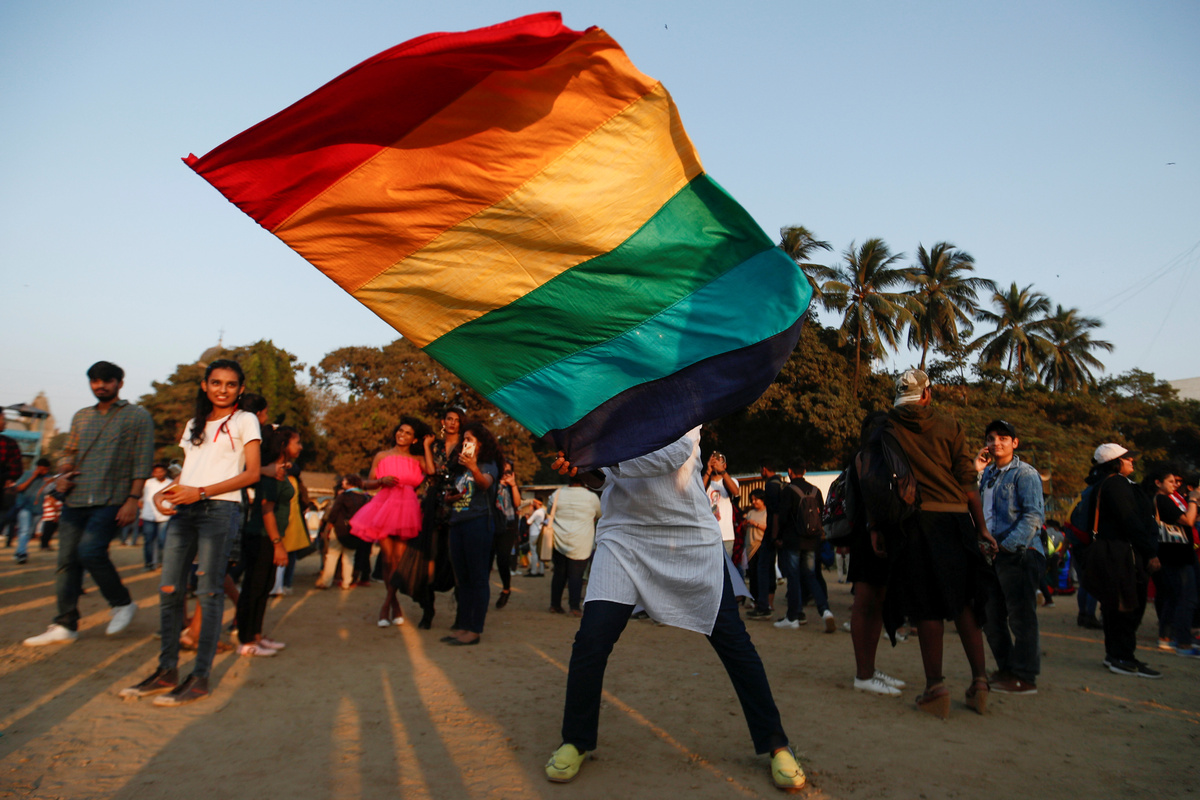Dictator’s template
A few decades back, a decreasing number of countries were given taints of autocracies and dictatorship (even though many were under undemocratic monarchies).
Along with new concerns resulting from the digitalisation, sex workers and LGBTQ community has numerous advantages of the new technology, according to a study.

(FILE PHOTO: Twitter/Francis Mascarenhas)
With more than 750 million smartphone users India is striving to transform into “a digitally empowered nation”. However, amid the fast-paced information and communication technologies, representation of marginalised groups such as sex workers, transgender and others in the technology revolution is minimal. But now, like any other groups, tech literacy is helping the most neglected sections of society.
As per a study by The Global Network of Sex Work Projects (NSWP) released on October 2021, with the expanding accessibility of the internet, online platforms, as well as devices like smartphones and tablets, sex workers are increasingly using ICT and transitioning from outside to inside employment.
Advertisement
While highlighting new hazards and concerns resulting from the fast digitalisation, sex service providers and workers recognise the numerous advantages of the new technology and the enhancements they may give in their job or personal life.
Advertisement
To find a venue to promote their services, connect with coworkers, screen customers, get essential information and services, and organise politically by using these technologies.
Rashmi, a transgender who from Himachal Pradesh who aspires to become a makeup artist has got herself enrolled for a makeup artist course. She said “Didi accha hai phone se kuchh bhi kar sakte hain, kuchh sikhne ke liye kisi ke haath pair nahe jodna padhta hai aur apna kaam bhi chlata rehta hain.” (Mobile phones are very useful to me. I have to please no one to learn anything, and my work doesn’t suffer.”
Mobile phones are a key tool to gain access to social assistance programmes, such as those associated with the Aadhaar biometric identification card provided by the Indian government, in a 2020 research by the Centre for Internet and Society.
According to the All India Network of Sex Workers, there are only about 5 million “registered” female sex workers. Of them, only 1.2 million receive services from the Ministry of Health and Family Welfare. According to the findings, the country’s sex workers and LGBTQ community as a whole is severely excluded from many services.
The NSWP study stated that in order to reach out to sex workers and deliver information, digital tech may be a useful tool for national and international NGOs as well as government service providers, enhancing their access to health care, safety, and justice.
However, Roshi (name changed), 40, a sex worker from Punjab who has been in the profession for more than the years, doesn’t think so. She said her privacy is always at stake.
“It (technology) has become an instrument of harassment in the hands of for customers. You never know when they’ll take a picture or video of you and blackmail you for free services. And in that case, we can’t even complain to anybody,” she laments.
The issue of ‘non-consensual photography and videography by clients and strangers’ was brought into the limelight by the 2019 study on the usage of mobile phones by female sex workers.
Opportunities bring difficulties:
The study also stated that the new opportunities bring in their wake new difficulties, where on the one hand, the global organisations working for the uplift of these communities can get connected and keep a tab on the progress. But at the same time, insecurity, data leakage, and privacy are all jeopardised. To deal with this, one must be digitally strong and literate, learning how to manage location settings, spam downloads, password management, and browsing history in digital security courses.
Transgender breaking stereotype
Advertisement